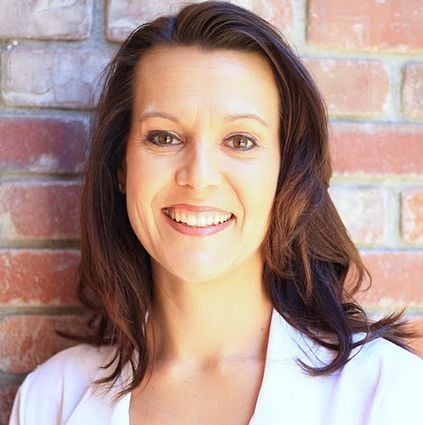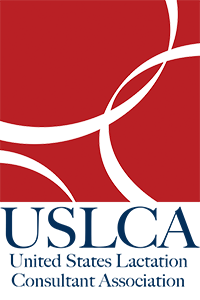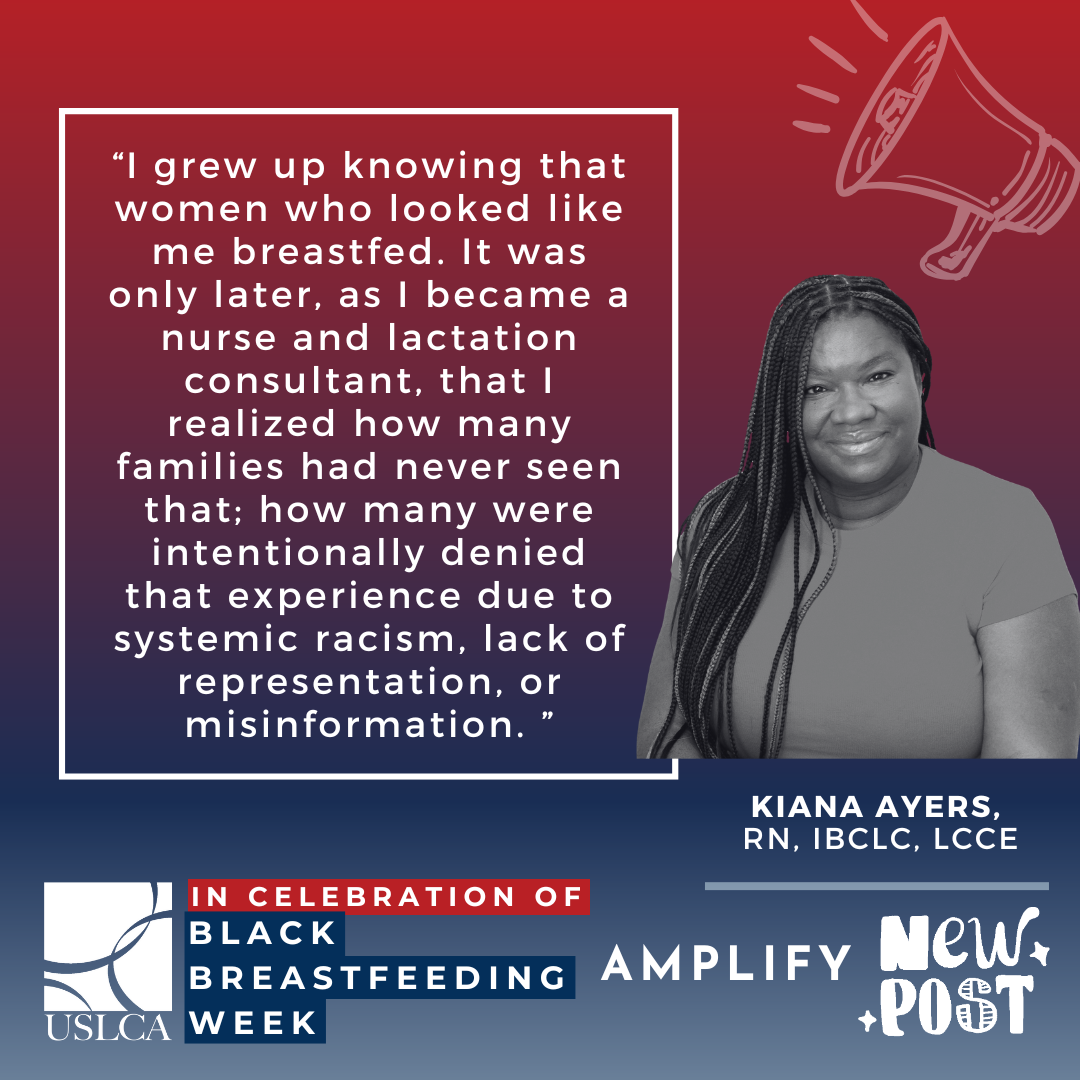by Danielle Gauss, IBCLC

Anyone who has worked in women’s health can tell you, that one of the biggest hurdles in caring for our patients is consistency. I have new parents reaching out frustrated, confused, and unsure who to trust. Everyone has something different to say, and these exhausted parents turn to “Dr. Google” to solve their basic breastfeeding/chestfeeding struggles. Everything they hear contradicts itself which is extremely overwhelming. Parental anxiety is a fierce beast, and if families are not given basic tools and evidence-based knowledge, that beast will take root and cause unrest.
It can be difficult to stay on top of the latest research. Finding time to implement that into a program is time consuming and expensive. Not to mention the strong separation in philosophies. The battle of pacifier/no pacifier; bottle or SNS; formula/donor milk, the list goes on. Some choose to go a more holistic approach, while others choose a more medicated route. We each have our strengths, specialties, and beliefs and struggle with finding the balance between what we know is best vs. what is best for that parent. It can be difficult at times to not push our agenda, or our beliefs on parents, despite what we feel is right. It doesn’t matter what we feel, what matters is finding the plan that works to make that parent the best for their baby.
I have found an unintentional perceived hierarchy in the lactation world. Whether or not we realize it, there is a strong divide between in-hospital lactation care, and postpartum clinic care. Parents often leave confused, in pain, and unsure of who to trust due to conflicting education from various caregivers within the same institution. The degree of separation has created a divide between postpartum IBCLCs, and private practice IBCLCs, each group feeling more educated and entitled. In this unseen battleground of procedure, strong opinions and passions emerge, and the parent is the one left in the trenches. When everything is new and scary, who is the parent to trust if the so-called experts cannot even agree on a simple care plan? And if that plan is too complicated with no end in sight, and no communication is given for follow up, the breastfeeding success rate dips.
Lactation has a distinct goal of supporting the parent/baby dyad in whichever feeding choice is best for them. The problem lies in having no time for proper bedside education. Sleep deprived parents are learning, from different individuals, with different educational backgrounds. A hospital IBCLC has one job: latch the baby, get out, move on, after all there is only 6 hours to see 18 babies. The contradiction that precedes is confused families, decrease in breastfeeding rates, and frustration with all parties.
Our goal should be to simplify this plan, organize the information provided, and unify the education within the department to create a solid educational base for the new parent. One that is consistent with every member of the team. A unified front creates a solid foundation for the patient, and department as a whole. Breastfeeding rates increase, and patient dissatisfaction decreases. It takes work, and patience, but unity is possible.
The solution starts with the parent. Feel out their desires, what modality they prefer and match them to a practitioner that fits their comfort level. What I have done in my community, is create a database that parents can use to match what they are looking for in an IBCLC, both on a personality level and educational level. The IBCLC is also able to be matched with new parents who desire the same approach to medicine as their training. If parents wants a more holistic approach, then they will be matched with an IBCLC that fits that criteria and training. It allows continuing education, unity in workshops, and the ability for departments and organizations as a whole to update their skills and knowledge base. Think of it as “Match.com” but it is justbreastfeeding.com for the LC. Postpartum IBCLCs can then connect with hospital IBCLCs and create a cohesive plan. The solution can be simple, if we allow it to be. Having a lactation assimilation program designed to re-create a unified educational process with up to date evidence-based education will result and ensure positive feeding outcomes upon discharge. Time is of the essence in a hospital, and we understand that efficiency is the key. If our goal is to increase duration of breastfeeding, then our charge has to be unity within an ever-changing field. We cannot stop learning.
—
Danielle’s lactation story: My journey began, as most of ours has, with a terrible breastfeeding experience. Everything that could go wrong, went wrong. I remember looking at my baby, 6 days old, crying saying I can’t feed her, it is too painful. After being a closet bottle feeder for 5 months, a wise LC gave me permission to quit. It was then that I knew I had found my calling. That was 16 years ago. I have been in the mother/baby field for 17 years, and an IBCLC for 10. I have had the unique experience of working in a hospital for 12 of those years while simultaneously working in a peds office which is where I discovered how different both worlds were. In January 2017 I left both institutions and opened my own practice specializing in advanced cases, oral ties, and low supply. I received my education through UCSD, and have had the opportunity to mentor many lactation students. I am passionate about thinking outside the box. In my opinion there is always a “why” to the problem, it is just a matter of listening, watching, and learning. I credit my 2 daughters for changing my career path as a theater teacher into a very rewarding IBCLC practice in southern California.
<— Return to Amplify!
The content of this post does not imply endorsement and may not reflect the position of USLCA.



